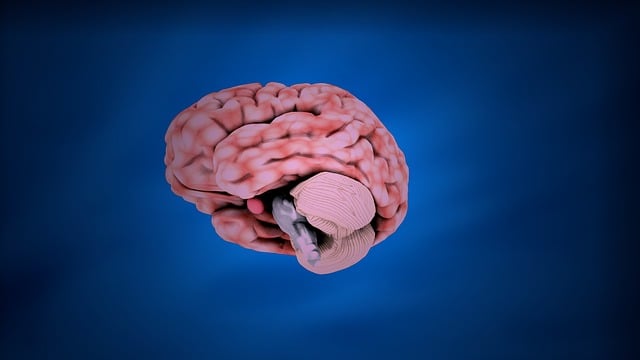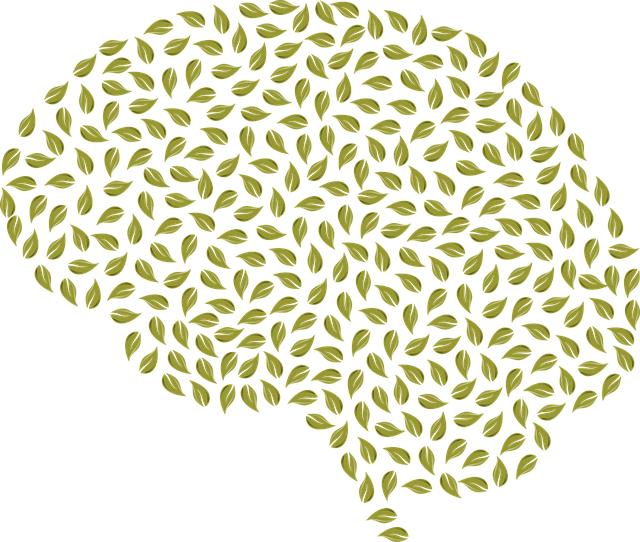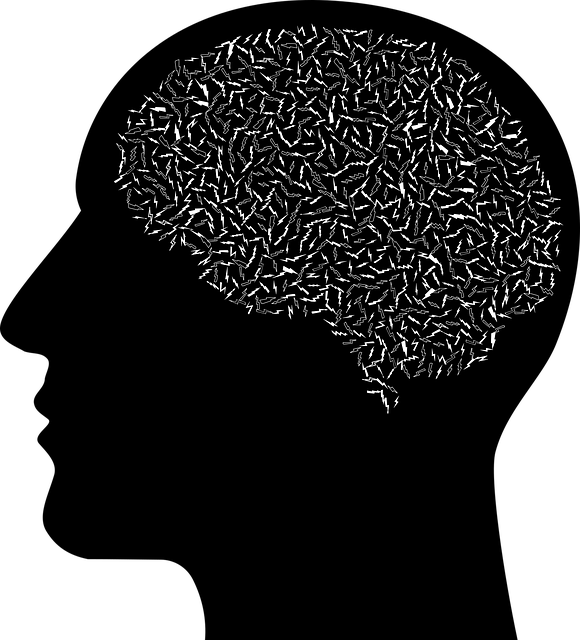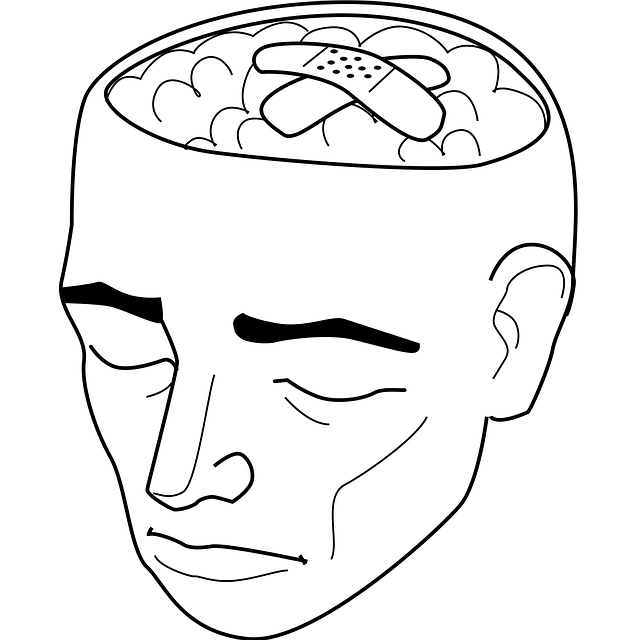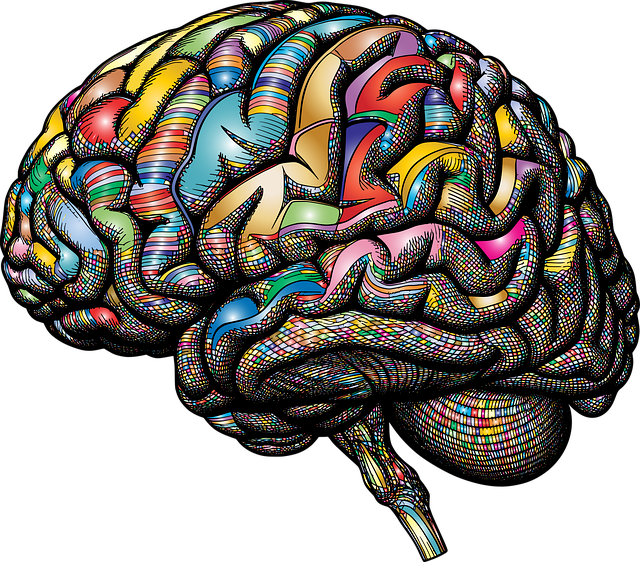The text explores the complexities of Dissociative Disorder (DD), highlighting its impact on identity and reality. Key strategies for supporting individuals with DD include education, particularly through the Mental Wellness Podcast Series, to raise awareness and reduce stigma. For therapy, a multifaceted approach combining cognitive behavioral therapy (CBT), eye movement desensitization and reprocessing (EMDR), burnout prevention, and cultural sensitivity is recommended. Integrating Parker Dissociative Disorder Therapy (PDDT) into educational programs offers a unique, beneficial strategy for managing DD and trauma. Effective program evaluation and continuous improvement are essential to ensure success and adaptability in addressing mental health challenges, especially within diverse communities.
Mental health education programs play a pivotal role in fostering well-being and supporting individuals facing challenges like dissociative disorder. This article delves into the intricate design of such programs, offering a comprehensive guide for professionals. We explore key components essential for effective therapy, including an in-depth look at Parker’s Approach, as seen in a case study. Understanding dissociative disorder’s symptoms and challenges is crucial, while implementation, evaluation, and continuous improvement strategies ensure program efficacy. Discover how these elements converge to create impactful mental health education and therapy initiatives, particularly focusing on Parker Dissociative Disorder Therapy techniques.
- Understanding Dissociative Disorder: Symptoms and Challenges
- The Role of Education in Mental Health Support
- Designing an Effective Therapy Program: Key Components
- Incorporating Parker's Approach: A Case Study
- Implementation, Evaluation, and Continuous Improvement Strategies
Understanding Dissociative Disorder: Symptoms and Challenges

Dissociative Disorder, as detailed by Parker Dissociative Disorder Therapy, is a complex mental health condition characterized by disruptions in an individual’s sense of identity and reality. Symptoms can range from mild to severe, often manifesting as detached feelings from one’s thoughts, memories, emotions, or surroundings. Individuals may experience a distorted sense of self, with episodes of amnesia or fragmented consciousness. These symptoms significantly impact daily functioning and can lead to challenges in maintaining relationships, performing at work or school, and managing stress.
The disorder is particularly challenging to diagnose due to its vague presentation and potential overlap with other conditions. Burnout Prevention strategies and Emotional Regulation techniques are crucial components of supporting individuals with Dissociative Disorder. Mental Wellness Podcast Series Production can serve as an effective medium for raising awareness, educating the public about the condition’s nuances, and promoting understanding, thereby fostering a supportive environment for those affected by this disorder.
The Role of Education in Mental Health Support

Education plays a pivotal role in fostering mental wellness and supporting individuals facing challenges like Parker Dissociative Disorder (PDD). Through comprehensive programs, educational initiatives can demystify mental health issues, reduce stigma, and empower people to take charge of their well-being. Integrating evidence-based practices and therapeutic techniques into the curriculum equips students with essential coping strategies and resilience.
A structured approach, such as incorporating Mental Wellness Journaling Exercise Guidance, allows individuals to process emotions, track progress, and develop personalized self-care routines. Additionally, teaching Stress Reduction Methods enables participants to manage anxiety, improve focus, and enhance overall mental health. These educational interventions not only prepare students for academic success but also equip them with lifelong tools to navigate life’s challenges effectively.
Designing an Effective Therapy Program: Key Components

When designing an effective therapy program, especially for complex conditions like Parker Dissociative Disorder Therapy, a multifaceted approach is crucial. The key components include structured yet flexible curricula that cater to individual needs, incorporating evidence-based practices such as cognitive behavioural therapy (CBT) and eye movement desensitization and reprocessing (EMDR). These should be tailored to address symptoms of dissociation, trauma, and any comorbid conditions, with a focus on enhancing coping mechanisms and building resilience.
Additionally, burnout prevention strategies are vital for both therapists and clients. This involves creating a supportive environment that promotes self-care practices and incorporates regular check-ins to monitor progress and well-being. Cultural sensitivity in mental healthcare practice is another critical aspect, ensuring the program respects and incorporates diverse perspectives and belief systems. By integrating these elements, therapy programs can effectively support individuals with dissociative disorders while fostering anxiety relief and overall mental health recovery.
Incorporating Parker's Approach: A Case Study

Incorporating Parker’s Approach, a groundbreaking method pioneered by renowned therapist Dr. Charles Parker, offers a unique perspective on addressing mental health challenges, particularly in cases involving dissociative disorders. This case study highlights the benefits of integrating such innovative techniques into educational programs aimed at fostering resilience and well-being. By adopting Parker’s Dissociative Disorder Therapy (DDT), mental health educators can provide students with tools to manage complex trauma and disassociation effectively.
The Cultural Sensitivity in Mental Healthcare Practice is a key aspect that Parker’s Approach emphasizes, ensuring that interventions are tailored to individual experiences and cultural backgrounds. This personalized approach is vital for delivering inclusive crisis intervention guidance, as it acknowledges the diverse nature of mental health concerns within different communities. By combining DDT with stress management strategies, educators can empower students to navigate life’s challenges, offering them a comprehensive toolkit for improving overall mental well-being.
Implementation, Evaluation, and Continuous Improvement Strategies

Implementing a mental health education program requires a strategic approach to ensure its effectiveness and reach. One key strategy is ongoing evaluation, which involves measuring the program’s impact on participants’ knowledge, attitudes, and behaviors related to mental health. This can be achieved through various methods such as pre- and post-program assessments, focus groups, and feedback surveys. By comparing outcomes, organizers can identify areas of success and aspects that need improvement. For instance, evaluating the program’s impact on individuals with Parker Dissociative Disorder Therapy (PDDT) might include assessing changes in symptoms, coping strategies, and overall functioning.
Moreover, continuous improvement is vital for sustaining the program’s relevance and quality. Mental health education should be an iterative process, incorporating feedback from participants, subject matter experts, and mental health professionals. This could involve refining curriculum content, updating resources, and adapting teaching methodologies based on emerging research and best practices. For example, integrating positive thinking techniques into the program can enhance resilience and well-being. Additionally, Risk Management Planning for Mental Health Professionals should be a priority, ensuring that educators are equipped to handle potential challenges and maintain a safe learning environment. Healthcare Provider Cultural Competency Training is also essential, fostering inclusive practices that cater to diverse communities.
Mental health education programs play a pivotal role in fostering understanding and support for individuals struggling with conditions like dissociative disorder. By integrating key components such as awareness, empathy, and evidence-based practices, these programs can significantly improve outcomes. The case study highlighting Parker’s Dissociative Disorder Therapy demonstrates the power of tailored approaches in addressing complex challenges. Continuous evaluation and improvement are essential to ensure these programs remain effective and accessible, ultimately enhancing the quality of life for those affected by mental health issues.
